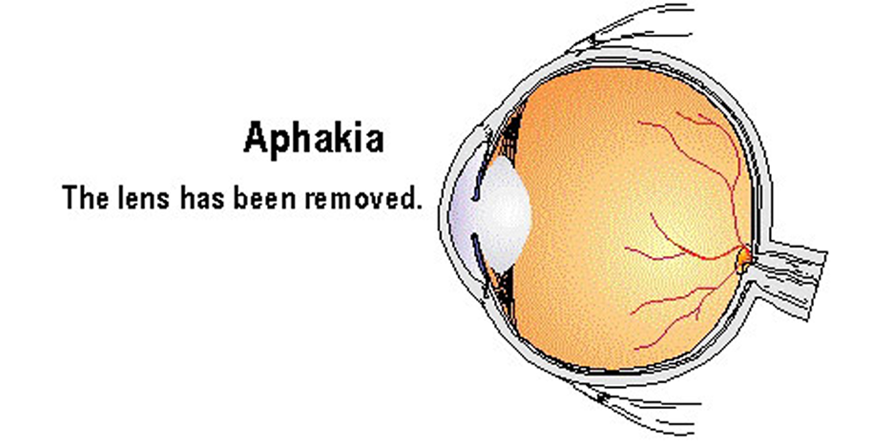Aphakia
Home » Aphakia

Aphakia is a disease that doesn’t require an eye lens. The lens of your eye is a transparent, flexible structure that helps your eye to be focused. The condition is most common in adults with cataracts, but it may also affect infants and children.
What are the symptoms of Aphakia?
The main symptom of aphakia is the absence of a lens. This may lead to other signs, such as:
- Blurry vision
- Trouble focusing on objects
- Changes in color vision, which involves colors appearing faded
- Trouble focusing on an object as your distance from it changes
- Farsightedness, or trouble seeing things up close
How is Aphakia treated?
Treating aphakia usually involves surgery for both children and adults.
It is necessary to have surgery as soon as possible for babies with aphakia, since their eyes grow very quickly. We will need glasses or special contact lenses, which they can sleep in and wear after surgery for long periods of time. Once they are about a year old, they can receive an artificial lens implant.
Adult surgery with aphakia also involves removing the damaged lens if necessary, and implanting an artificial lens. Usually done using a local anesthetic, the procedure would take less than an hour. After the surgery, your doctor can prescribe contact lenses or glasses to improve your vision.

